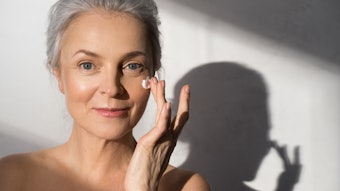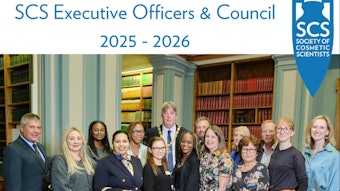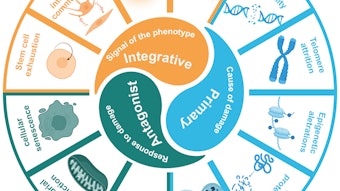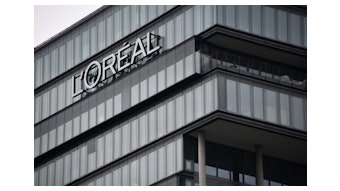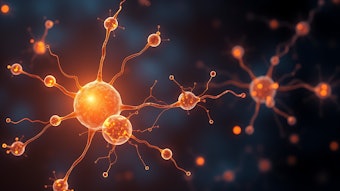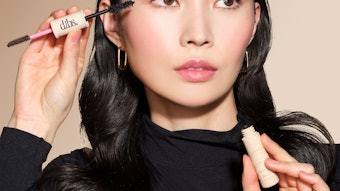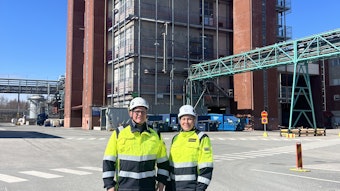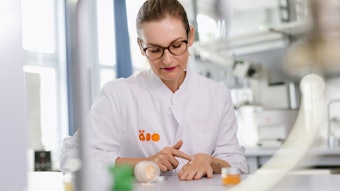Cosmetics & Toiletries announced the winner of its 2014 Best New Ingredient award during the Awards Ceremony, held on April 2, 2014, at in-cosmetics in Hamburg. This award honors the ingenuity and science that go into technologies developed for cosmetics and personal care products. Each nomination was reviewed by a highly esteemed international panel of experts, and ratings were given for significance to the industry and long-term impact.
This year's winner for Best New Ingredient is Silab, for its Volunage facial remodeling active. The ingredient contains oligosaccharides from Paeonia albiflora (peony) root, a medicinal plant used in traditional Chinese medicine, which acts via the communication between the reticular dermis and hypodermis. The ingredient prevents deleterious exchanges between the two to preserve the functioning of adipocytes. It also counteracts the loss of structure and corrects skin slackening; as skin is re-densified, the volume of the face is increased and its oval shape is restored.
To test the efficacy of the ingredient, the company developed a model to measure the impact of pro-inflammatory mediators produced by the reticular fibroblasts in response to repeated solar-simulated radiation on adipocyte physiology. The inflammatory profile of the secretome of stressed fibroblasts was mapped using protein arrays, and the capacity of normal human preadipocytes to differentiate when they are subjected to pro-inflammatory mediators secreted by reticular fibroblasts was studied by Oil Red O staining. This work proved that stressed reticular fibroblasts produce a pro-inflammatory secretome, and that treatment of the preadipocytes with this secretome significantly reduces the differentiation of preadipocytes and accumulation of lipid droplets.
In relation, in vitro protein and ELISA IL-8 assays of the Volunage ingredient at 0.50% showed the material significantly reduces the synthesis of cytokines of pro-inflammatory receptors and normalizes the fibroblasts' secretome profile. Oil Red O staining and image analysis showed the active preserves adipigenesis capacity of normal human preadipocytes treated with the secretome of stressed reticular fibroblasts and maintains the lipid rate in mature adipocytes.
In vivo, fringe projection showed the ingredient increases the parameter of positive volume in hollow cheeks by 18.5% (p = 0.0049), restoring fullness to the face. This result was observed in 84% of volunteers. The studies were conducted on two groups of 19 photo-exposed volunteers, using Volunage at 2% vs. placebo in an emulsion applied twice daily for 42 days.
"Congratulations to Silab, and to all our finalists. I think it's quite timely that the judges chose Volunage as this year's winner," said Rachel Grabenhofer, editor of Cosmetics & Toiletries. "There's currently a great deal of interest in the industry in epigentics, transcription factors and other biological communications. In fact, our upcoming May issue of C&T features two articles along these lines. It's really next-generation cosmetics R&D."
